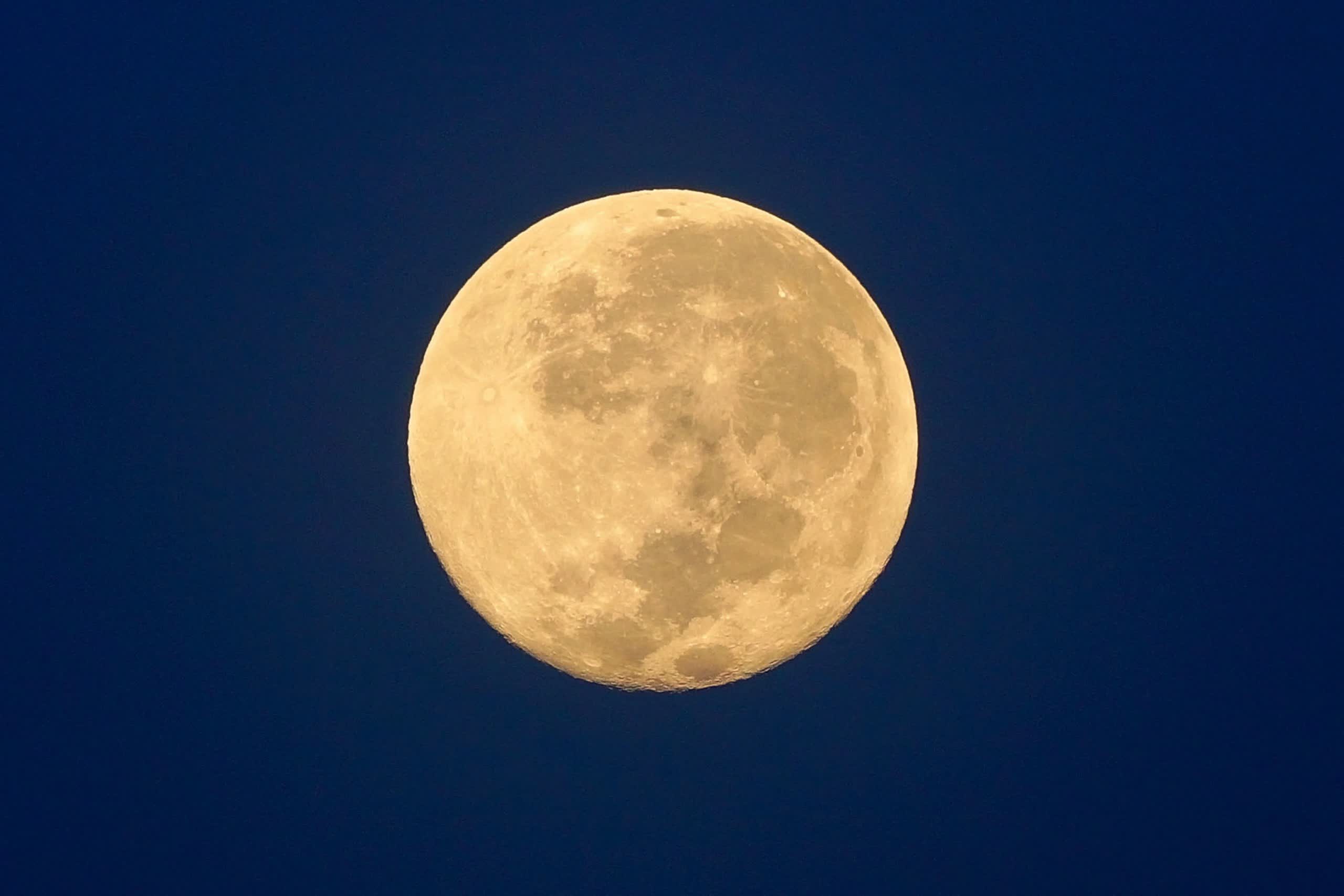TL;DR: Remember the story about the SpaceX rocket launched almost seven years ago that's supposed to crash into the moon at the start of March? It turns out that astronomers got part of the prediction wrong: a rocket will hit the lunar landscape in a few weeks, but it's not from SpaceX; it was likely built by China.
We heard in January that the Falcon 9's second stage rocket, part of SpaceX's first interplanetary mission launched from Florida in 2015, was going to hit the moon on March 4. The rocket did not have enough fuel to return to Earth's atmosphere and burn up after that initial launch, and it "lacked the energy to escape the gravity of the Earth-Moon system," meteorologist Eric Berger wrote, leaving it in a "chaotic orbit."
But astronomer Bill Gray, who identified what he believed was the SpaceX object headed for the moon, has admitted he was partly mistaken. The rocket is now thought to be 2014-065B, the booster for the Chang'e 5-T1 lunar mission launched in 2014 by the Chinese space agency.
So the rocket about to hit the Moon, it turns out, is not the one we thought it was. This (an honest mistake) just emphasizes the problem with lack of proper tracking of these deep space objects. https://t.co/JXKpUmEC2X
--- Jonathan McDowell (@planet4589) February 13, 2022
The object in question was initially discovered by the Catalina Sky Survey on March 14, 2015, and classed as a possible near-earth asteroid. Gray soon identified it as the second-stage rocket in NASA and NOAA's Deep Space Climate Observatory satellite, and recently announced that it would hit the moon.
But NASA Jet Propulsion Laboratory engineer Jon Giorgini emailed Gray on February 12, prompting him to look again at the data. He noted that the Deep Space Climate Observatory spacecraft's trajectory didn't go close to the moon, so it was strange that the rocket carrying it was set to hit the surface.
Gray then looked at earlier space missions that might account for the object. The leading candidate was the Chang'e 5-T1 mission that traveled closer to the moon. He still calls this "circumstantial evidence," but "I would regard it as fairly convincing evidence."
No matter who it belongs to, satellites currently orbiting the moon, including NASA's Lunar Reconnaissance Orbiter and India's Chandrayaan-2 spacecraft, are expected to gather valuable data from the impact crater and revealed material.
Somewhat coincidentally, China complained to the UN in December over claims that SpaceX Starlink satellites almost crashed into its space station twice over the previous year.
